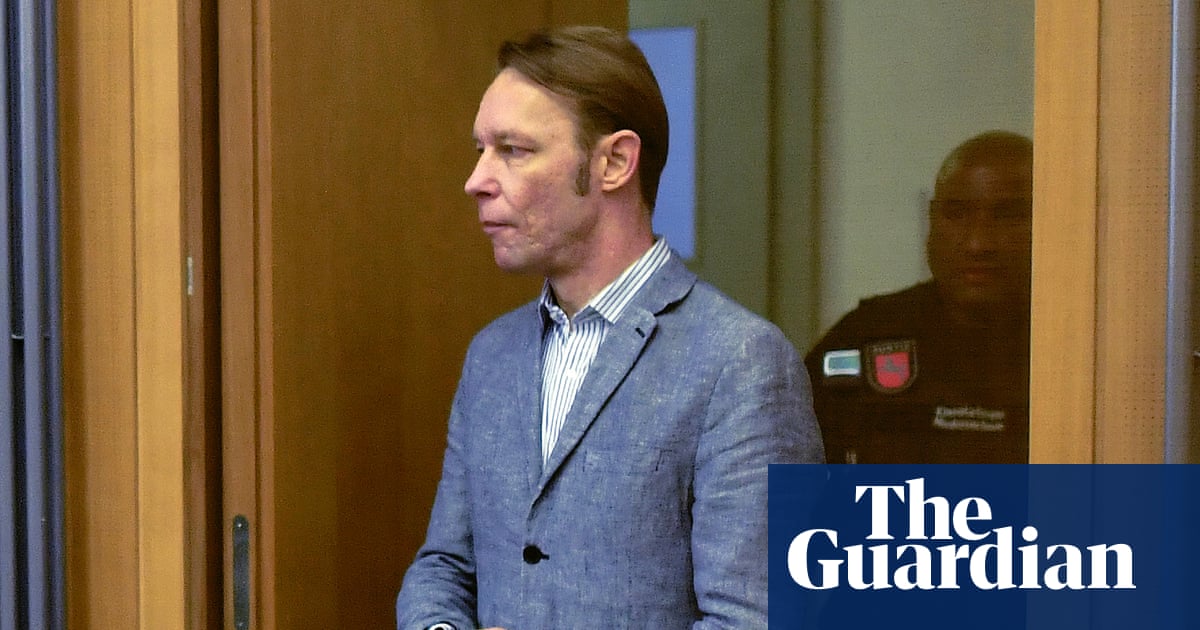Bereaved families of tens of thousands of dead pensioners could be pursued by tax officials to recoup winter fuel payments under a new system being explored by the Treasury, the Guardian has learned.
Rachel Reeves, the chancellor, confirmed on Wednesday that more pensioners will get winter fuel payments reinstated this year after weeks of uncertainty over the government’s decision to make a U-turn on scrapping the benefit.
Ministers are looking at restoring the payments as a universal benefit and then recouping the money when high-income pensioners fill in their tax returns, as creating a new means test would be a highly complex option.
However, government insiders are concerned about a time lag of at least six months between the payment of up to £300 being made and it then being clawed back. It is feared that thousands could have died in that time, leaving grieving families to pick up the bill.
One source said: “We should never have scrapped the winter fuel payment in the first place, but the whole process of reinstating it has been completely chaotic. The optics of us demanding the money back from grieving families are dire.”
The chancellor has brought forward confirmation of the change to the £11,500 income threshold over which pensioners are no longer eligible for the benefit to next week’s spending review from the autumn budget, after a backlash against one of the most unpopular policies of the Labour government.
In a further attempt to win public support and quell Labour backbench concerns, ministers are announcing on Thursday that all pupils in England whose families claim universal credit will be eligible for free school meals under an expansion of the scheme.
Hundreds of thousands more children across the country will be able to access means-tested free school meals when the provision is extended from September 2026, after campaigners and school leavers urged ministers to take action on child poverty amid fears of delays.
Reeves has already launched a charm offensive to persuade fractious Labour MPs that her spending review will not be a return to austerity, announcing £15bn for trams, trains and buses outside London as part of a £113bn investment in capital projects over the rest of the parliament.
The chancellor wants capital spending to be at the centre of the government’s narrative at the review next week in an acknowledgment that MPs, many of them in marginal seats, need a better economic story to address rising discontent among the public.
Nearly 2.1 million pupils – almost one in four of the total in England – were eligible for free school meals in January 2024. The Department for Education has said more than half a million more children are expected to benefit from the expansion, with nearly £500 put back into parents’ pockets every year.
It suggested that the expansion will lift 100,000 children across England completely out of poverty, with the move being the most effective way of tackling the issue outside the benefits system. Keir Starmer has said the government will look at scrapping the two-child benefits limit.
“It is the moral mission of this government to tackle the stain of child poverty, and today this government takes a giant step towards ending it with targeted support that puts money back in parents’ pockets,” the education secretary, Bridget Phillipson, said.
The expansion of free school meals was almost universally welcomed by anti-poverty campaigners and teaching unions. Nick Harrison, chief executive of the Sutton Trust, said: “This is a significant step towards taking hunger out of the classroom.
“Children can’t learn effectively when hungry, so this announcement not only helps to tackle the effects of child poverty, but will also likely help improve education outcomes for disadvantaged young people.”
Kate Anstey, at the Child Poverty Action Group charity, said: “This is fantastic news and a gamechanger for children and families. At last, more kids will get the food they need to learn and thrive and millions of parents struggling to make ends meet will get a bit of breathing space.”
Asked about the winter fuel payment after a speech in Rochdale, Reeves told reporters: “We have listened to the concerns that people had about the level of the means test, and so we will be making changes to that; they will be in place so that pensioners are paid this coming winter.
“We’ll announce the detail of that and the level of that as soon as we possibly can. But people should be in no doubt that the means test will increase and more people will get a winter fuel payment this winter.”
The option of paying all pensioners a winter fuel payment and then asking for wealthier people to repay the money is a similar approach to that taken by the former Conservative chancellor George Osborne when he reduced child benefit eligibility for better-off parents.
A senior official at HMRC, Jonathan Athow, confirmed to the Treasury select committee on Wednesday that if the tax system was used to make the changes, it would not be possible until next year.
“We’d have to get to April next year before we knew somebody’s income, before we could then make any decisions about how [recouping the payment] would then be implemented,” he told MPs.
The government’s reversal came despite Downing Street denying that it would make changes to winter fuel payments after the Guardian revealed that it was rethinking the cut amid anxiety at the top of government that the policy could wreak serious electoral damage.
The chancellor also hinted at tensions between cabinet colleagues saying she had had to turn down spending requests as she struggled to balance the books.
“Not every department will get everything that they want next week,” she said, “and I have had to say no to things that I want to do too.”
Just two Whitehall departments are still to agree their multi-year budgets with the Treasury before the spending review, the Guardian understands, with the home secretary, Yvette Cooper and the housing secretary, Angela Rayner, holding out on policing and social housing budgets.
She also ruled out bending her fiscal rules, as some Labour MPs have urged her to do, and which she acknowledged would be the subject of much discussion over the coming days. It means that tax rises or further spending cuts are more likely this autumn.

 3 months ago
85
3 months ago
85

















































